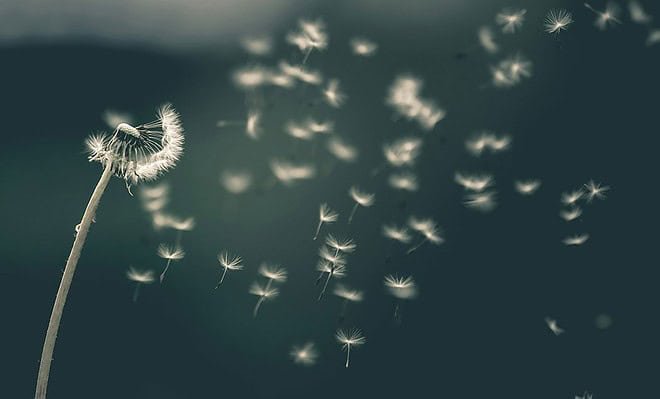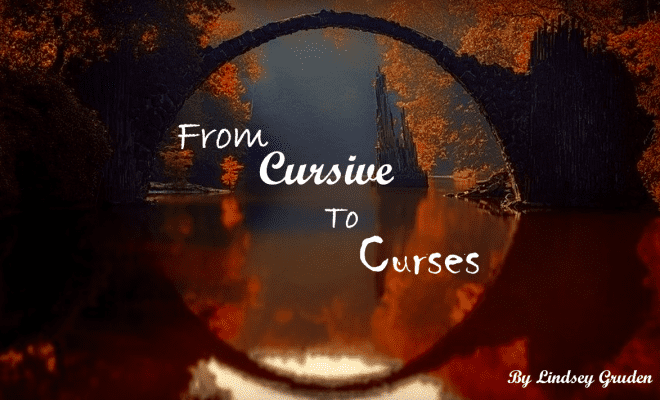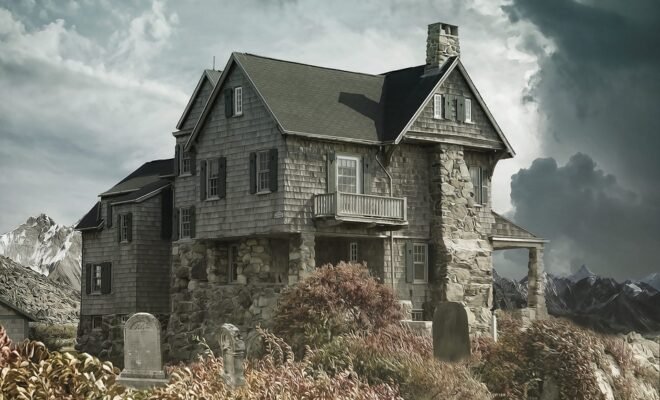When the Dead Came Visiting

We were surprised but not frightened when the dead came to visit. Our hopes and prayers had been answered. Their return, a gift that death was an elaborate joke, a mistake, a bad dream. At first, we knew them. Lost family members, ex-lovers, neighbors, and friends of friends made their way to our homes. The impossible had happened. There was living proof of an afterlife but no knowledge of where they had come from.
Their return was not without its challenges. Phone lines buzzed with the news of their arrival, yet the atmosphere remained heavy with unease. Prepared beds went untouched, meals uneaten, as if the living were holding their breath in their presence. They were here, yet not. Once so full of life, the departed seemed distant and emotionless. Despite our longing for reunion, a veil of mystery shrouded them.
Homes and buildings became full of their past occupants. Where no homes remained, the expired stood waiting. If other structures had replaced their abodes, they filled those spaces, too. No one questioned the phenomenon. We took care of the deceased, carried the children, and they led the way back. Weeks and months passed with no communication or explanation. The masses that awoke to walk home showed no signs of stopping.
A second wave of the dead came in droves. Generations of ancestors manifested from the sea, lakes, forests, fields, and cities. Again, they searched for their former lodgings and whispered their surnames. Strangers greeted them and, compelled, invited the departed inside. They helped locate the next of kin, if possible. When that proved burdensome, towns set up camps to redirect the deceased to where they believed the departed belonged.
How could we turn them away? Our prayers had been answered for millennia, with nods, bloodlines, and families that spanned as far back as time entered our rooms. With the living past among us, we hungered to know our true selves.
The deceased traveled day and night. Their silent march bestowed an eerie peace as the return of the dead further consumed the living. We worked, ate, and slept under their vigilant gazes. The awakened souls did not, for they had been silent for ages and were in an eternal slumber. They were not ghosts or zombies but also not human. Rather, they were preserved versions of how we remembered them.
We continued to aid them and, in doing so, helped ourselves as well. Their eyes implored elucidation and answers. Experts threw their hands up in defeat since they could not study the expired forms. Even historical figures provided no insight into the truth of their lives and present mission. Our discomfort with their presence festered as the visit bore no message or end. We were forced to resume our obligations.
Joy became chaos, then dismay. The deceased clung to the breathing like wet clothes. Fighting ensued when old lovers appeared and would not leave. The peace that the dead brought disintegrated, and they haunted us. How could one live if the departed clung to our existence? Where was our future if the past dragged us back?
The living evaded the dead. We met discreetly through our devices and discussed ending their continuous arrival. Many longed for the days of grieving and memorializing on our own. How could we restore the order of nature?
We prayed for their rest, thanked them for a last goodbye, and wished them well. We wrote about, illustrated, and sang about the lost. We preserved them in our memories and believed they looked pleased. As the plan evolved, the masses dwindled according to the annual census of the dead. Some of us finished living our own lives among them but did not return. Eventually, the departed disappeared. They rested once more because their journey had long ago ended. The living were left alone, and we could live again.









